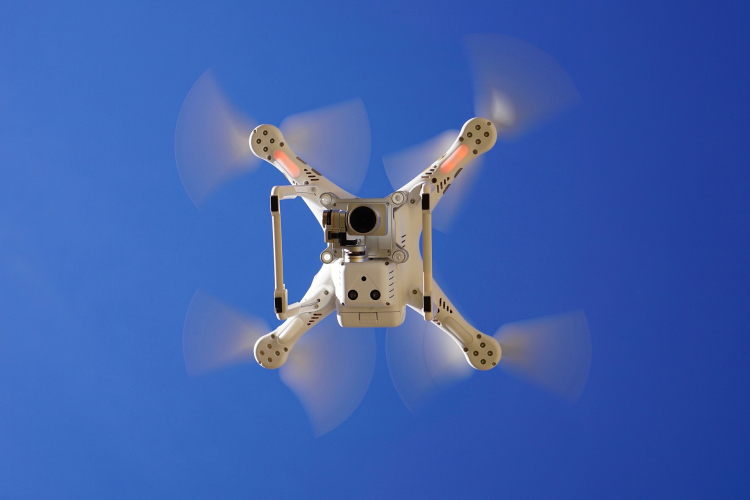With the collaboration of the Universitat de Califòrnia at Irvine (UCI), the Universitat Pompeu Fabra (UPF) is working on a research project to develop a new technological system that enables the activation of intelligent drone networks to automate control of forest fires. The research will seek to answer one of the main problems that drones encounter in these situations: the vast majority work individually and require human intervention to be activated and to interpret the data they capture from the sky. Consequently, the researchers want to design a series of algorithms based on artificial intelligence that allow unmanned ships to predict and execute the trajectories they will have to take, taking into account variables such as the type of fire or the area in which they will have to act. Likewise, through wireless communication, intelligent drones will be able to act in a coordinated manner and send data to operators without the need to endanger, for example, helicopter pilots.
At the same time, the research project will seek to find solutions for other restrictions of the use of intelligent drones in these contexts, such as, for example, the difficulty in manual management or the technical limitations linked to energy consumption and the ability to recharge, as well as the search for mechanisms that avoid collision with other objects or that suffer from communications interference.



